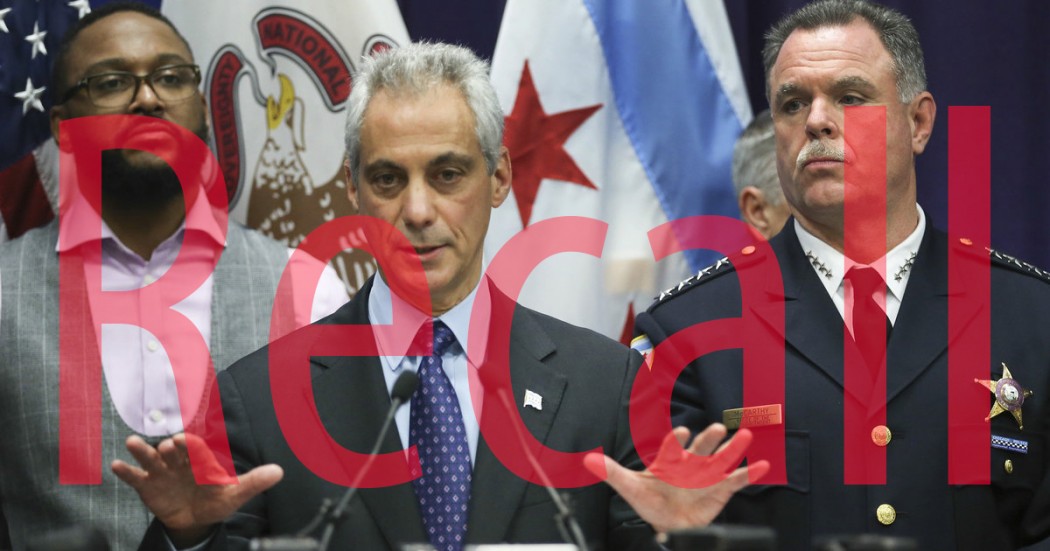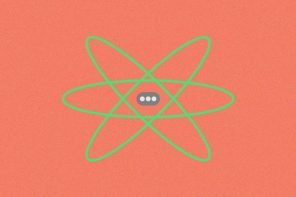Chicago Mayor, Rahm Emanuel, BFF of President Obama and pal of Bill Clinton is coming under fire for covering up the police brutality in that city. Chicago, which usually competes for the top murder rate in the country, is a case study in poverty and racial inequality. Emanuel’s office is being accused of holding on to video evidence in order to win the last election. The Chicago police department is also accused of essentially running renditions and using torture on American citizens, which Emanuel has said was “by the books.” Chicago is on the brink of exploding with the racially charged incidents that continue to unfold.
Let’s just remind ourselves of why Emanuel is in such a bind. There is ample evidence that, at the very least, people close to him were aware just two months after McDonald’s death that a video of his killing existed. The video thoroughly contradicted the initial lies that the CPD told about McDonald’s death. The Chicago government then kept the video under lock and key for over a year, crucially allowing Emanuel to win re-election in the interval. After evidence of the video surfaced, made every effort to suppress it—including tacking a clause prohibiting its release into a settlement with the McDonald family—only releasing it after an independent journalist successfully sued the city to get it unsealed.
And it’s not just the McDonald scandal. There is also the issue of Homan Square, the secret facility that the CPD has used to literally disappear thousands of people, almost all of them stuffed into a virtual domestic black site without charge or access to an attorney. The overwhelming majority of those detained are black. Some detainees have described horrific sexual abuse at police hands. One lawyer who knows what goes on at Homan Square told Mother Jones that the conditions there meet the international standard for torture. Faced with this, Emanuel replied that Homan Square was “by the books.”
Emanuel apologized for the McDonald shooting in an address to the city council. He fired his police chief and pledged to fix the underlying problems in the Chicago Police Department. But why should anyone believe him? During his tight reelection bid this spring, Emanuel acknowledged that his personality could “rub people the wrong way.” Meanwhile, though, he was cutting a $5 million deal with the McDonald family and the city was sitting on the explosive video. After the election, he simply went back to bullying his way through public life. Despite the manifest disasters that have plagued his administration, he seems constitutionally incapable of change.
From the Chicago Tribune, looking at the systemic problem:
The political showmanship at City Hall was on display Tuesday when aldermen held a joint hearing of the City Council’s Human Relations and Public Safety committees to ask questions after the release of the McDonald police shooting video. But the committees can’t force testimony from officials involved in the McDonald case, didn’t ask anyone from Emanuel’s office to appear and have no oversight of State’s Attorney Anita Alvarez, whom many aldermen have blamed for taking 13 months to charge Officer Jason Van Dyke with McDonald’s killing.
Protestors want accountability for investigators whose inexplicable slowness allowed Van Dyke to remain on desk detail and to collect a paycheck from taxpayers. And the civic derelictions of duty run even deeper. They implicate Chicago Mayor Rahm Emanuel, the city council, Police Superintendent Garry McCarthy, rank-and-file cops, Pat Camden, who speaks for Chicago’s Fraternal Order of Police, and members of the press who credulously report police-union talking points.
The New York Times unearthed a stunning anecdote last week about one Chicago cop’s record:
“In 18 years with the Chicago Police Department, the nation’s second-largest, Jerome Finnigan had never been disciplined — although 68 citizen complaints had been lodged against him, including accusations that he used excessive force and regularly conducted illegal searches.
Then, in 2011, he admitted to robbing criminal suspects while serving in an elite police unit and ordering a hit on a fellow police officer he thought intended to turn him in. He was sentenced to 12 years in prison. “My bosses knew what I was doing out there, and it went on and on,” he said in court when he pleaded guilty. “And this wasn’t the exception to the rule. This was the rule.”
The newspaper then zoomed out, citing data on officer complaints liberated by several non-profit groups that had to fight for a decade to get it released. The full context is more stunning:
…the data for 2015 shows that in more than 99 percent of the thousands of misconduct complaints against Chicago police officers, there has been no discipline. From 2011 to 2015, 97 percent of more than 28,500 citizen complaints resulted in no officer being punished, according to the files.
Although very few officers were disciplined in the years covered by the data, African-American officers were punished at twice the rate of their white colleagues for the same offenses, the data shows. And although black civilians filed a majority of the complaints, white civilians were far more likely to have their complaints upheld, according to the records.
In short, Chicago does an atrocious job of identifying and disciplining bad cops. And this failure appears to have directly contributed to the wrongful death of McDonald—Van Dyke had 18 civil complaints filed against him, but had never been disciplined. “The Independent Police Review Authority, the civilian board that handles the most serious cases, doesn’t take into account previous complaints against the same officer when investigating a new one,” according to a Tuesday editorial in the Chicago Tribune. “11 officers racked up a combined 253 complaints that resulted in a single five-day suspension. Come on. What does it take to flag a problem cop?”
The answer is actually clear: It takes video evidence that the public can access.





